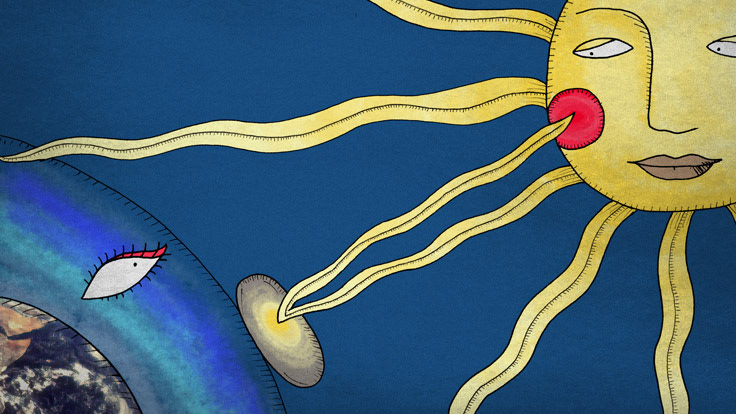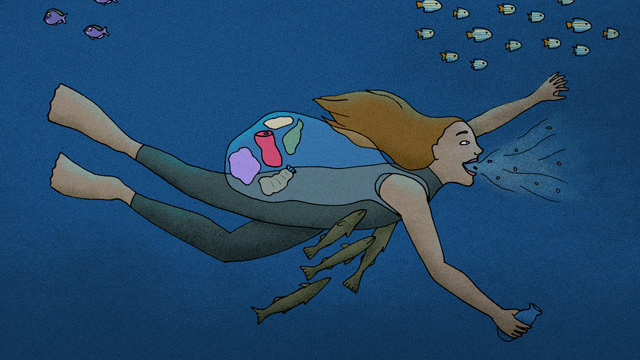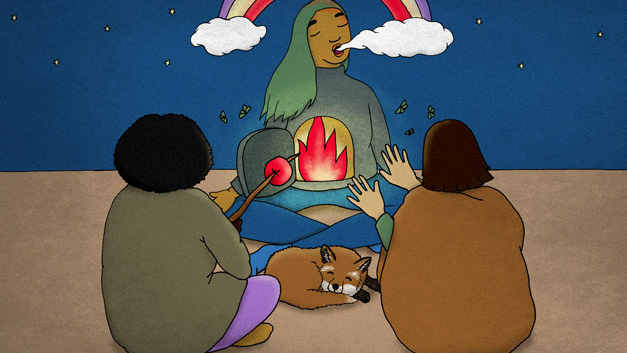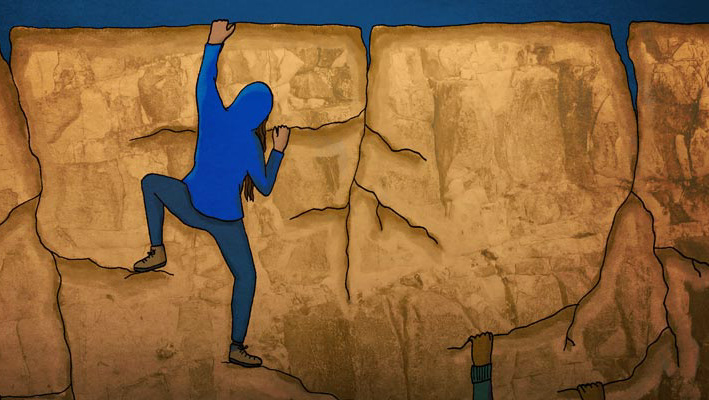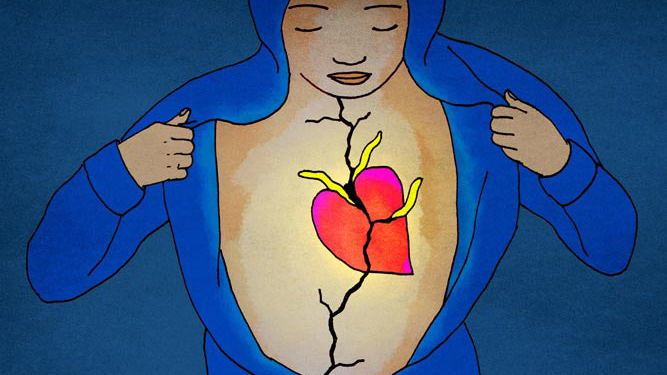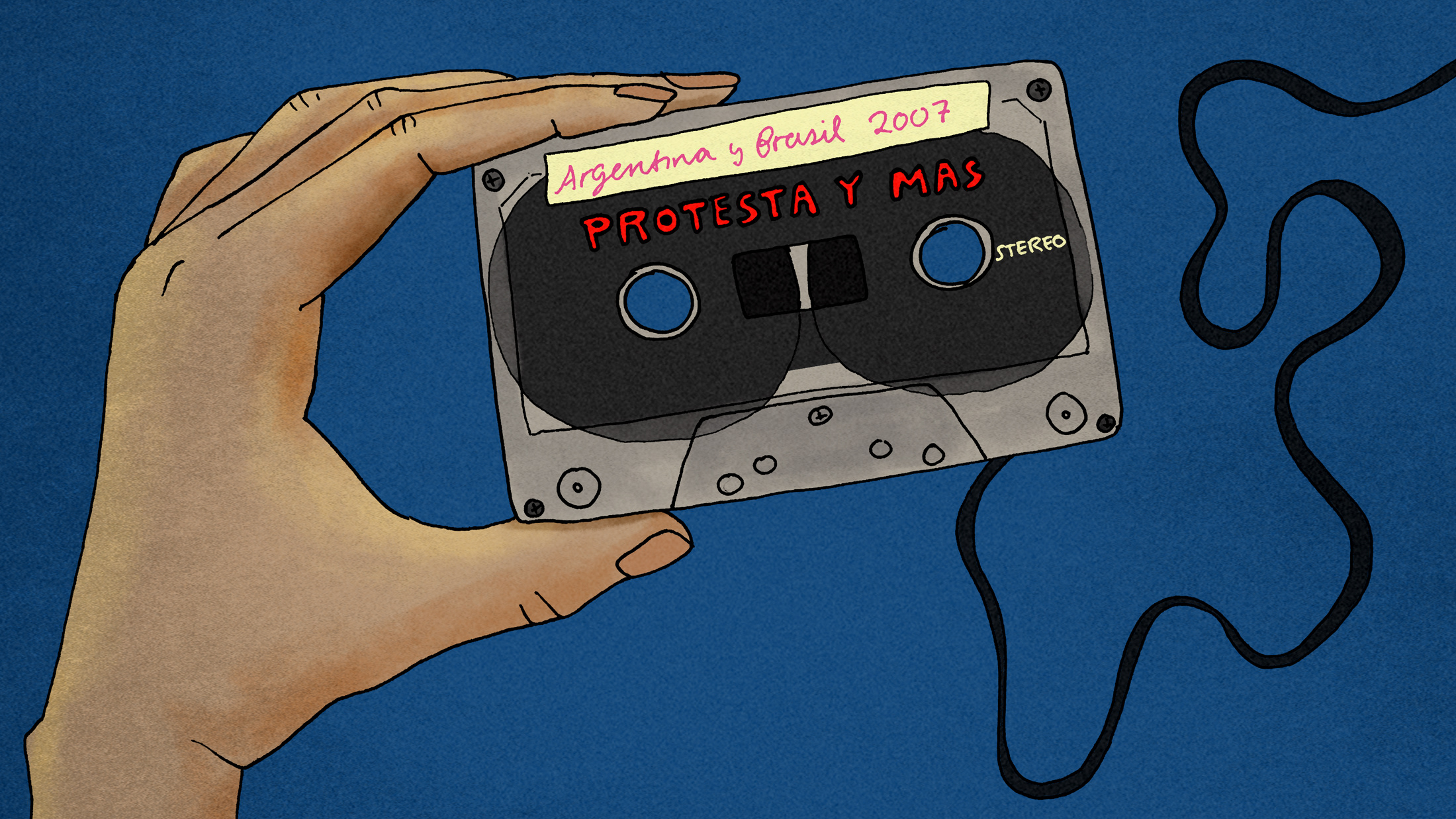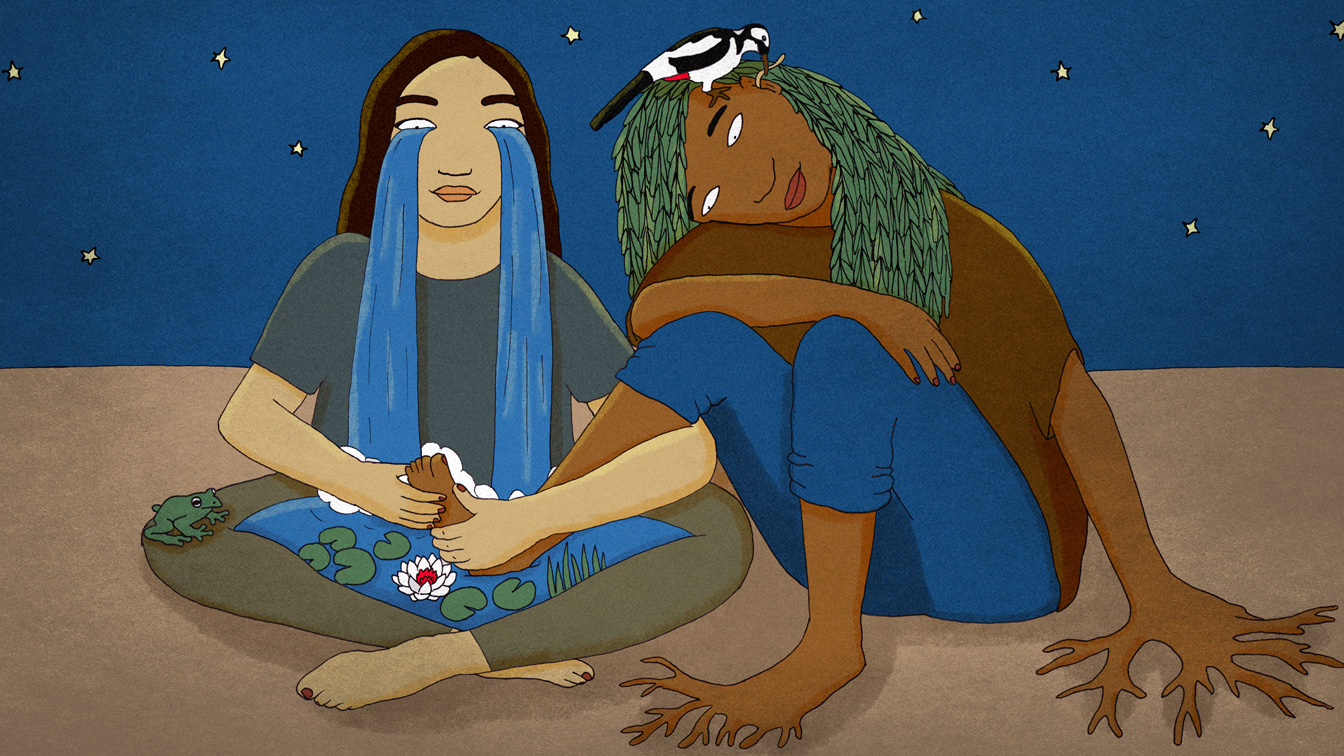"The possibility of a profound cultural reform in our society depends on the decolonisation of our gestures and acts and the language with which we name the world”. Silvia Rivera Cusicanqui
How could we experience life in this world if we were focused on seeing things blurry? Inspired by conversations with a wonderful group of Spanish speaking friends across continents that emerged in the Wilds Beyond Climate Justice Gathering. We’ve been talking, amongst other things, about the Aymara concept Ch'ixi* as offered by Silvia Rivera Cusicanqui. Wondering what possibilities could be found in the grey areas, in welcoming contrasts, tensions, contradictions, shades; instead of concerning ourselves with reinforcing boundaries, separation, dualities, or clinging onto rigid definitions or beliefs? What can Ch'ixi people, who do not fit into neat categories or labels, who are ourselves blurred, help bring to the surface, or into the compost?
-
*In the book Ch’ixinakax utxiwa: A Reflection on the Practices and Discourses of Decolonization Silvia Rivera Cusicanqui says that "The word ch’ixi has many connotations: it is a color that is the product of juxtaposition, in small points or spots, of opposed or contrasting colors: black and white, red and green, and so on. It is this heather gray that comes from the imperceptible mixing of black and white, which are confused by perception, without ever being completely mixed. The notion of ch’ixi, like many others (allqa, ayni), reflects the Aymara idea of something that is and is not at the same time. It is the logic of the included third."

